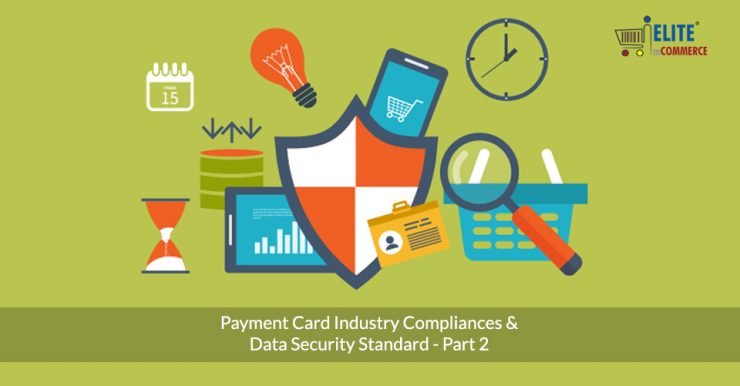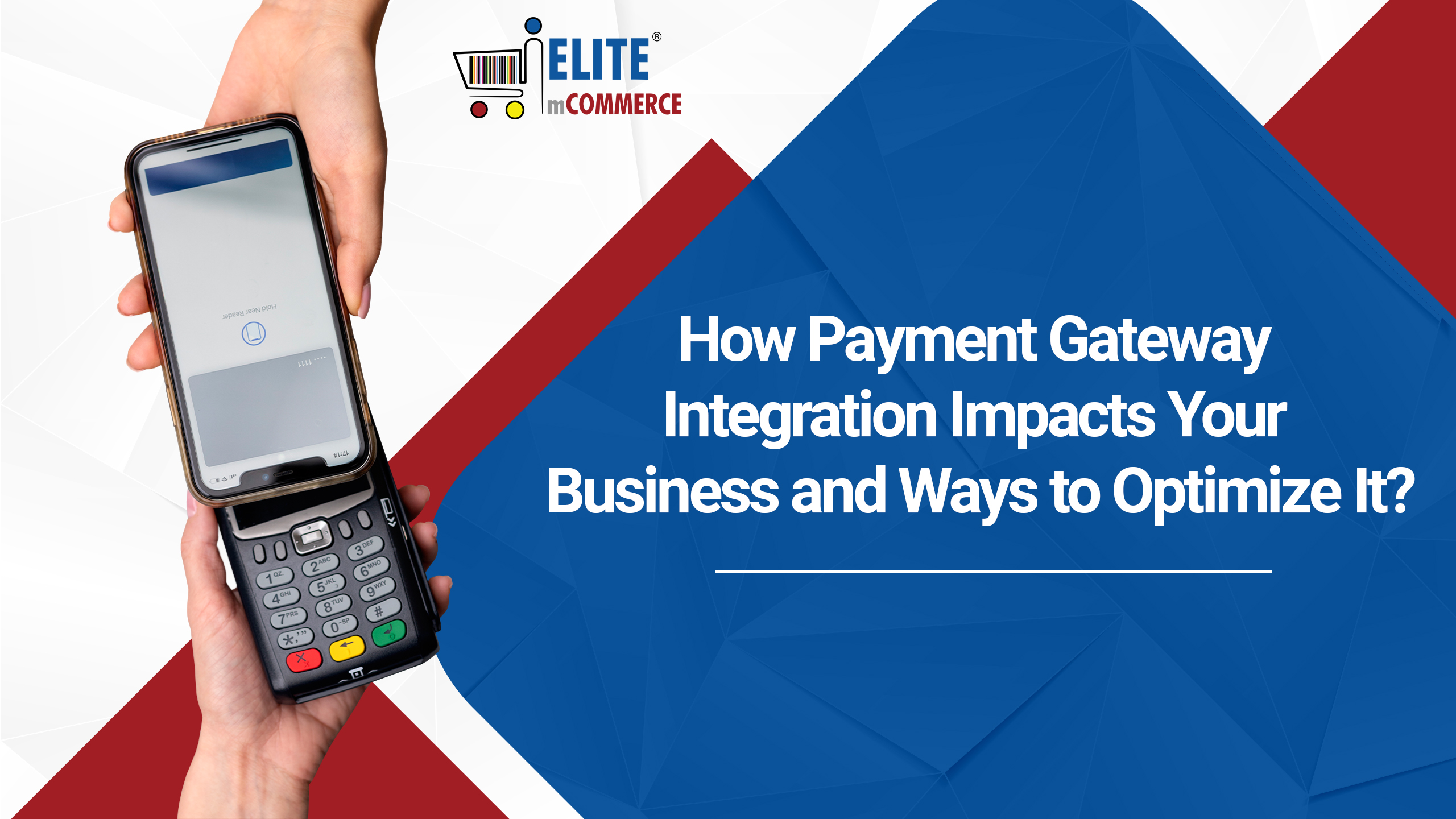It is critical to understand PCI-DSS compliances if your business handles or wants to start accepting card, mobile and general electronic payments. The PSI-DSS is the standard that governs the handling of debit and credit cards. Compliance will promote company security and mitigate unnecessary customer losses. Here are the twelve PCI and data security requirements that you should know when setting up your payment card system.
1. Install Firewalls
You must build a secure system for handling and processing the payment cards. You must install firewall that will shield your network from infiltration by external programs and hackers. This firewall must be tested and upgraded regularly.
2. Secure Passwords
You cannot use the system default passwords for your business networks and computers. Basically, PCI compliances demand highly unique passwords for exceptional security.
3. Protect Stored Customer Data
If your business will store the cardholders data to improve their convenience, you must ensure that the soft-copy and hard-copy information is protected properly.
Read also: Payment Card Industry (PCI) Compliance and Data Security Standard (DSS) requirements for Dummies
4. Encrypt the Data
If you will share this data over open networks which are open to the public, you must use a reliable encryption tool. This will shield the cardholder’s information, even if the message is intercepted.
5. Install Antivirus
It is essential to have a good management system for the potential vulnerability even with the system security measures. According to the PCI requirements, you should install quality antivirus to combat malware and update it regularly.
6. Develop Secure Systems
You should also make sure that the applications and other systems in your business are secure. For instance, you can install an alert system to notify you if there is a weakness that could compromise the payment card setup.
7. Need-to-Know Data Access
You must enforce strong control measure for your customer’s card data within your organization. In simple terms, this information should be provided to the employees strictly on a need-to-know basis.
8. Give Unique ID
The employees with access to the data should have a unique log-in ID for the cardholder systems to promote monitoring and personal accountability.
9. Enforce Physical Security
You must install protective measures such as CCTV surveillance and authentication or pass codes at doors for your physical data centers.
10. Track All Access
A logging system that will keep an accurate track of the access to payment card networks and data stores should be incorporated for monitoring purposes.
11. Test the System
You should ensure that the system security measures and card-handling processes are tested regularly for reliability.
12. Maintain Security Policy
Finally, your company should establish a strict policy that will address all issues that will affect information security in the business.









1 comment